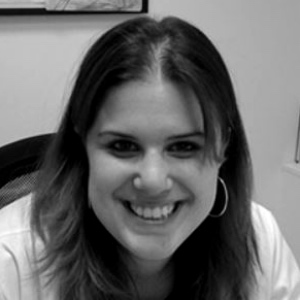No Child Should Believe That Love Has Conditions


Written and verified by the psychologist Raquel Aldana
One of the fundamental pillars of an adequate emotional education is for the child to always know that they are loved and, above all else, to consider themselves deserving of love.
This is important because our first experiences in the world always have an impact on our emotional development while also weaving an enormous web that connects our ability to feel and love with our body.
Whether we are loved or not must depend on our behaviors, words, successes, or failures, so it is important to get rid of certain habits if we want today’s children to understand that love does not have conditions.

Love does not set conditions, love is given
A person’s abilities and emotional growth depend largely upon their first exchanges. As such, sowing the seeds of love will determine their ability to give affection and to develop in a healthy way.
If we pass on the idea to a child that by doing good things (or things that are understood to be good), we will love them more, the child will end up believing that their personal value depends on their successes.
So, when the child makes a mistake, we must not be surprised that the ground crumbles beneath them, because in the end, labeling them as clever and extraordinary for their achievements will only lead them to the conclusion that if they do not succeed at what they were attempting, it is because they are “a mediocre fool.”

It sounds harsh to say it this way, but it is even harsher in the mind of a child. How could we hold a house up with straw pillars? A single blow would knock it over. Under these conditions, it is impossible to build a strong and emotionally adjusted personal identity.
We cannot tell children that if they do something, we are not going to love them. We cannot try to blackmail them with love; affection is not a bargaining chip. We have to make it clear that the child, beyond being a kid, is a person who some day will become an adult, and as such, will feel complete or destroyed. Which of these do we prefer?
Every single person is deserving of love for who they are, not for what they do or for their successes. For this reason, just as “behaving well or following a rule” does not bring affection, not following it should not mean a threat, either.
It is important to protect their childhood, take care of their innocence, and respect it through love. Let us not forget that loved children turn into adults who know how to love, respect, and care for others.

The consequences of being raised in an environment where love has conditions
Most of us probably grew up in an environment where love had conditions. Some others probably paid the consequences because other people were raised under these conditions.
Whatever the case may be, this causes difficulties in every stage of our lives. However, if they are not healed, the emotional wounds of love with conditions have great repercussions on our adult lives.
Why? Because an adult is supposed to have a balanced emotional life. Although we all know that this is not how things are, we cannot help hoping that we will be loved without conditions, without having to “teach” or “relearn” that love is that and only that.
At the end of the day, we hope that we can trust those who say they love us to stay by our sides no matter what happens. But it’s not so simple and maybe we were taught to flee or condition our love or affection.
We act in ways that reflect our belief that love is what we give to people and things who are “good.”
It’s important that we work to have a better understanding of the effects of emotional education on future relationships. The key lies in recognizing our beliefs about love and how they impact us, for only through love will we manage to know ourselves, be happy, and enjoy the magic of life.
This text is provided for informational purposes only and does not replace consultation with a professional. If in doubt, consult your specialist.








